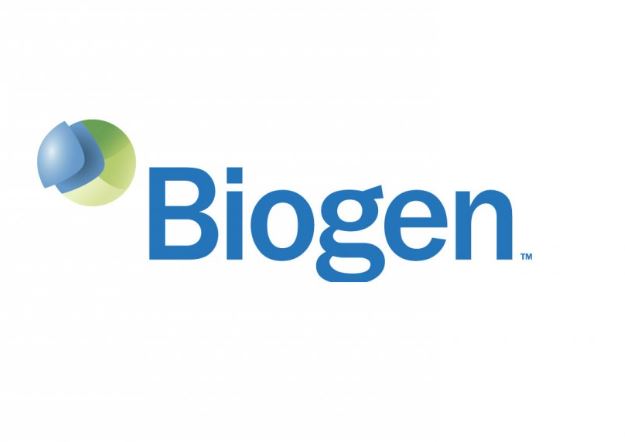Biogen's shares surge again as FDA hurries Alzheimer's drug review

Biogen’s Alzheimer’s drug aducanumab could be on the market in the next few months after the FDA accepted a clinical trial dossier and granted a fast Priority Review.
The FDA reserves these quick reviews for drugs that have the potential to improve care standards for serious diseases.
There have been no new drugs approved for Alzheimer’s since 2003 and those that are on the market are only able to treat the symptoms.
Biogen aims to change this with aducanumab, after clinical trial data showed the drug helped to slow onset at a higher dose in two clinical trials that had initially been written off as failures earlier last year.
The FDA has set a decision date for March 27 next year, and Biogen said that the regulator could make a ruling before then.
Biogen said that the FDA is planning to hold an advisory board meeting, which will make a non-binding vote about whether to approve the drug.
The meeting will discuss data from Biogen’s re-analysis of the EMERGE and ENGAGE trials, which last October concluded the drug reduced clinical decline in patients with early AD.
At the time the announcement was a complete shock as the trials had been deemed failures following an analysis last spring.
The renaissance was due to greater exposure to a higher dose of the anti-amyloid antibody in a larger data set, which was not available to the independent committee that initially concluded the trials were unlikely to slow cognitive decline.
Biogen’s share price, which fluctuated wildly to reflect its fortunes with aducanumab, was up more than 10% after the news broke on Friday.
This builds on gains last month when Biogen completed its filing based on the reanalysed study data.
An approval could also be seen as vindication for the hypothesis that tackling the amyloid plaques that are seen in the brains of people with the disease helps to slow the onset of symptoms.
Many people had given up on the hypothesis after a string of trial failures over the last decade or so.
The other main method of action being investigated is targeting the tau protein tangles that are seen in brain cells of people with Alzheimer’s.
At the end of last month Roche signed a deal worth up to $2 billion with Belgium’s UCB to develop its anti-tau antibody UCB0107.











